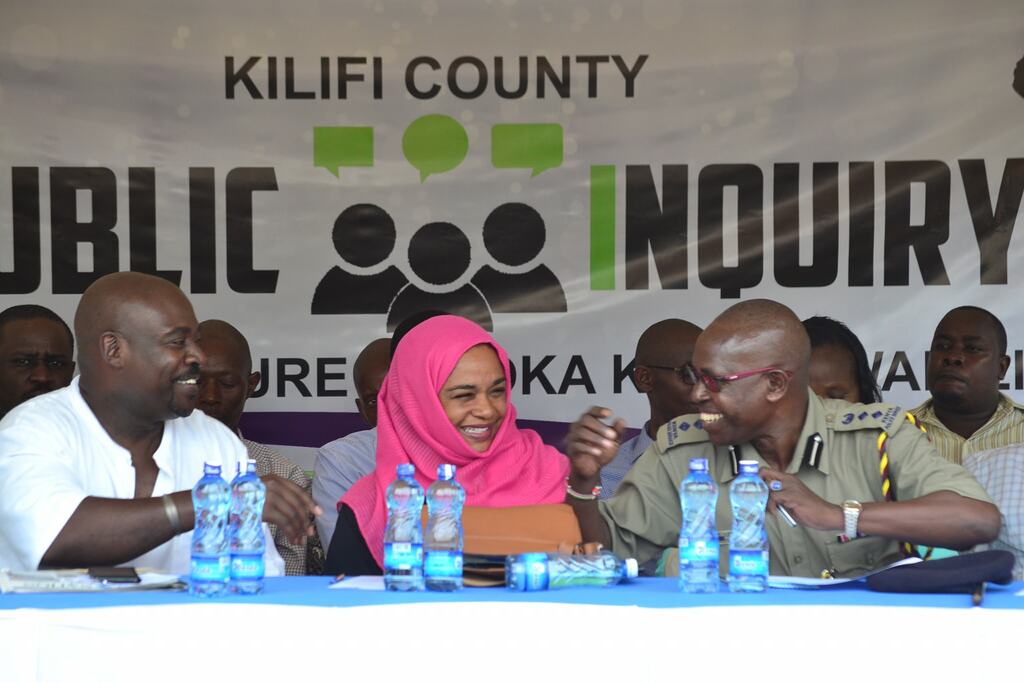
Kenya and many other parts of Africa have continued to experience significant challenges with good governance. Lack of accountability by the political leadership, as well as public institutions at all levels, is at the core of it. Given this lack of accountability, corruption and wastage of public resources has often been normalized. Constitutional and legal frameworks for anchoring good governance and accountable leadership, such as the Kenya Constitution’s integrity and anti-corruption laws provisions, have been largely ignored. Bad governance has real consequences for citizens, such as inadequate and inaccessible public health and public education services, dilapidated infrastructure, and rising levels of criminality. Engaged citizens, individually and collectively, have the greatest possibility to hold political leadership and public institutions accountable.
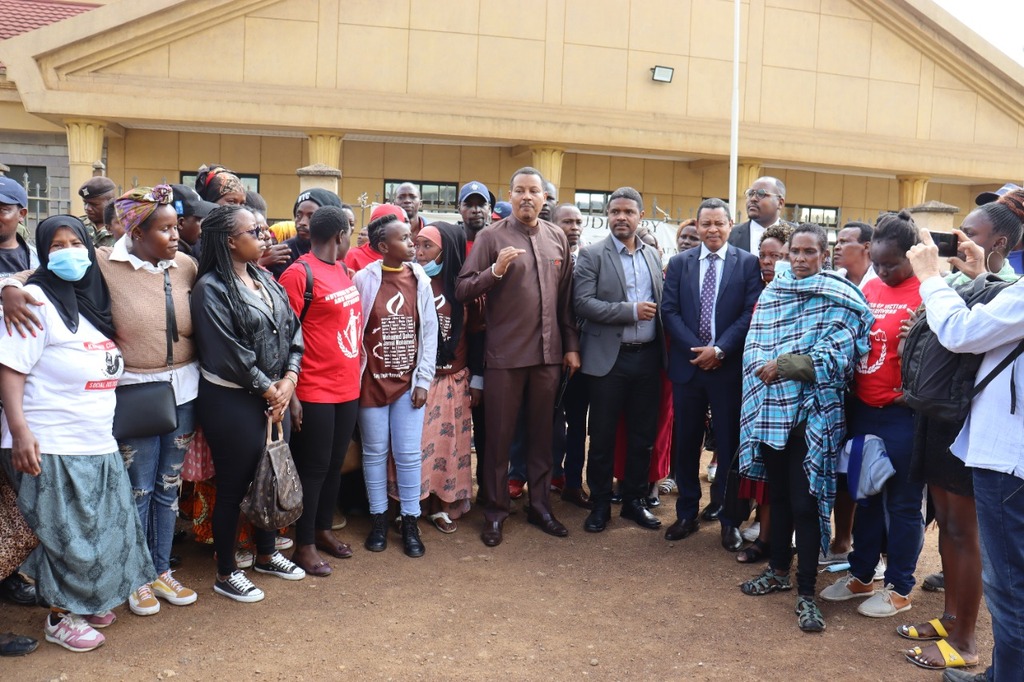
Lack of access to justice has been an impediment to the full enjoyment of human rights in Kenya and Africa as a whole. Corruption within the criminal justice system, government and security officers interference in criminal matters, malicious prosecution, and incompetence of judicial officers because of nepotism and favoritism have contributed to many people being denied justice over the years. HAKI Africa has, in the past, worked directly with criminal justice actors to improve access to justice for individuals in conflict with the law and communities in general. The impact of making justice accessible has been immense, as evidenced by numerous studies undertaken by the organization and its different partners in the last few years. HAKI Africa will, therefore, continue to build on what has been realized in making justice more accessible to the people.
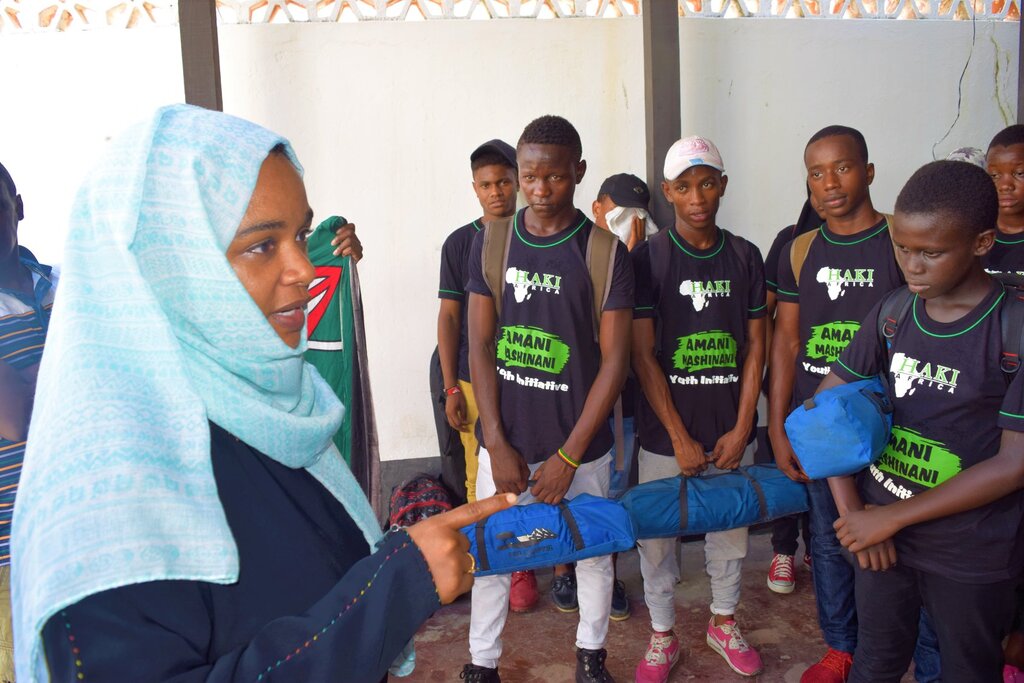
Over the years, HAKI Africa has built solid programming to address radicalization and violent extremism in Kenya. The interventions have been two-fold. On the one hand, HAKI Africa has engaged in interventions to reduce exposure to radicalization and violent extremism, often in partnership with national and county governments. Developing county action plans to counter violent extremism was a remarkable outcome of the partnership. On the other hand, HAKI Africa has documented and called out the State for serious human rights violations, such as extrajudicial executions and enforced disappearances by security officers when responding to radicalization, violent extremism, and terrorism. This dual approach can be complex, but it is needed. HAKI Africa will continue with this dual approach while at the same time, it will engage in interventions that seek to address some of the pull factors for radicalization and violent extremism, such as the lack of dignified livelihoods, particularly for young people
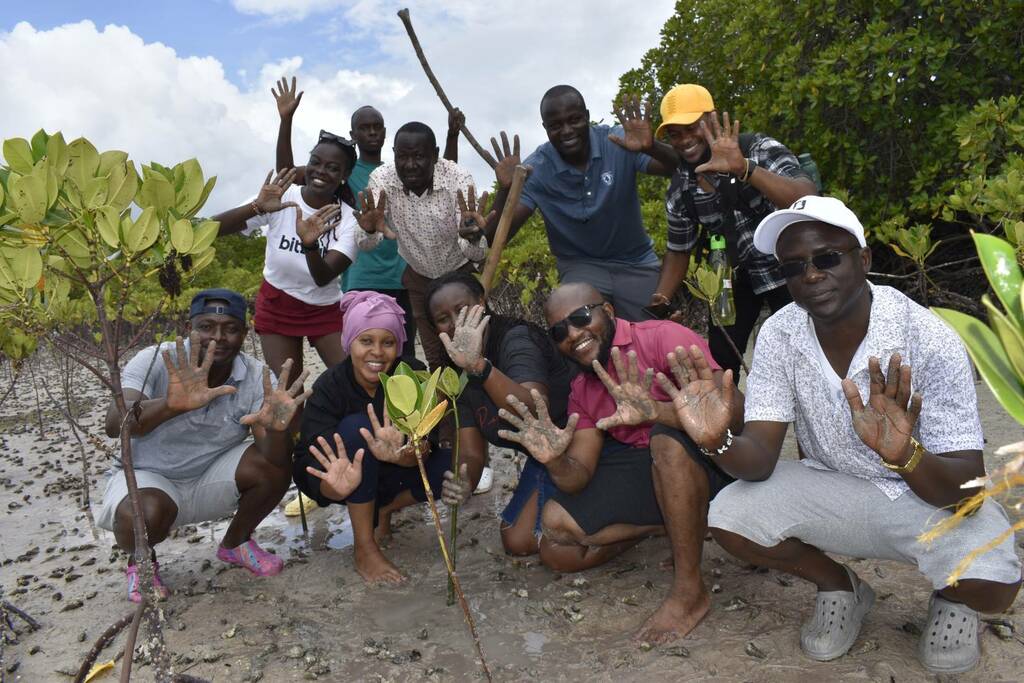
HAKI Africa recognizes the fundamental link between climate change and human rights. Climate change is a direct and underlying cause of resource conflicts, with significant loss of lives and property in the dry and semi-arid parts of Kenya and other parts of Africa. At the same time, the loss of livelihoods due to the adverse effects of climate change is a driver for radicalization, violent extremism, and terrorism.
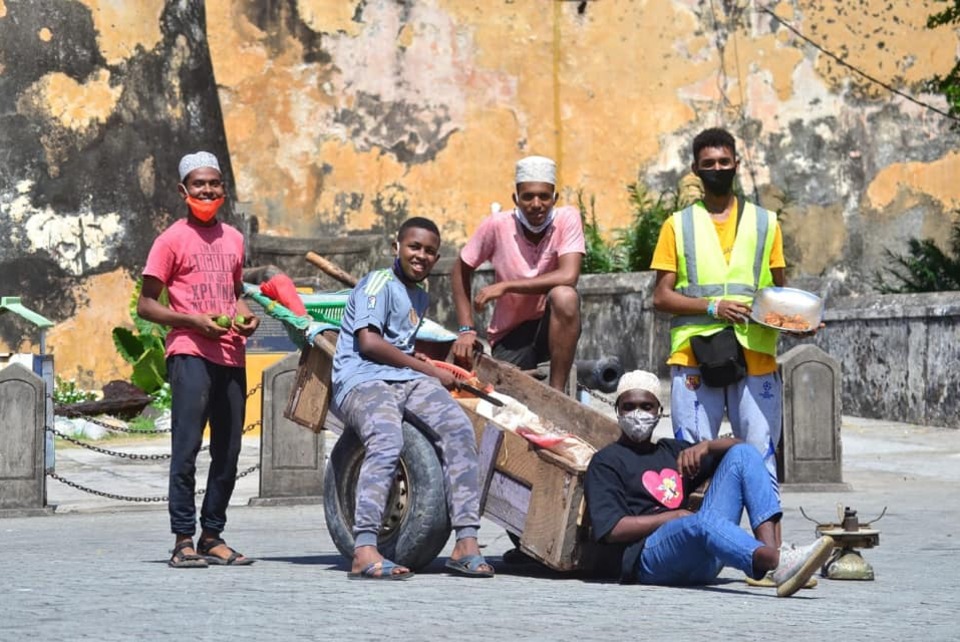
A large youth bulge and, at the same time, an economic situation characterized by low levels of formal and informal employment present both economic and governance opportunities and challenges in many African countries. Although HAKI Africa applied certain aspects of livelihood activities in its programmes in the past, these were not pronounced. HAKI Africa supported women and youth, including farmers, with resources to initiate livelihood projects such as income-generating activities. From its experiences, the projects changed the lives of the individuals targeted for the better and improved human security by gainfully engaging individuals who would otherwise have been involved in crime or exposed to radicalization, violent extremism, and terrorism. Noting the importance of enhanced livelihood to society, HAKI Africa will adopt this as a thematic area on its own and programme around it. Specifically, this thematic area will target the weak, vulnerable, and marginalized in society, including women, youth, persons with disabilities and individuals/ communities in informal settlements or traditionally marginalized areas. HAKI Africa’s approach will be to integrate human rights values, principles, and practices in the livelihood initiatives, thus ensuring inclusion, non-discrimination, and participation for all.

HAKI Africa seeks to be a premier human rights organization in Kenya and Africa- an organization that is sustainable, well-managed, led, and governed with transparency, accountability, and credibility. We know that healthy organizations are more likely to attract long-term quality funding and be impactful. Having a visionary, passionate, committed, and available board as well as a motivated, valued, driven, and competent leadership and staff, are vital to this institutional vision.